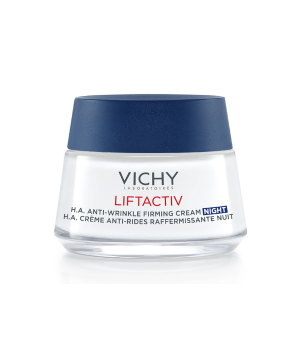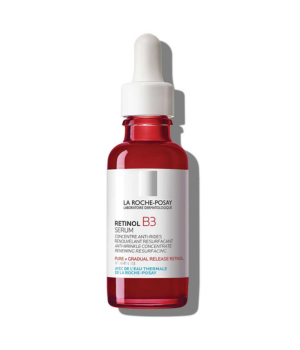ADENOSINE
TYPE OF INGREDIENT
Anti-aging substance
COMMONLY FOUND IN
Facial moisturizers, face masks, face serums, concealers, foundations and other cosmetic products
WHAT ARE THE BENEFITS OF ADENOSINE?
In skincare, adenosine is mainly considered as an anti-aging agent. Studies have shown that adenosine can help reduce wrinkles by increasing collagen production, which in turn improves skin elasticity and hydration. Adenosine can also stimulate fat production under the skin, which helps reduce wrinkles, roughness, dryness and mottling in the skin. These properties make it a popular ingredient for anti-aging and moisturizing products.
WHAT IS ADENOSINE?
Adenosine is a naturally occurring chemical that primarily acts as a vasodilator in our body, allowing our blood vessels to relax and widen, thereby increasing blood flow. It is also used as a medicine to relax blood vessels, treat abnormal heart rhythms and alleviate pain. In cosmetics, its role is focused on improving skin cell function and collagen production, contributing to its anti-aging effects.
IS ADENOSINE SAFE FOR ALL SKIN TYPES AND TONES?
Adenosine is generally considered safe for all skin types. Mild irritation of eyes was noted in one study, but no skin reactions have been reported. However, aerosolized adenosine may cause mild breathing difficulty, especially in those with lung disease.
CONTRAINDICATIONS
There are no specific contraindications associated with adenosine. Patients experiencing any side effects should see their doctor immediately.
Sources:
https://pubchem.ncbi.nlm.nih.gov/compound/60961
Marucci G, Buccioni M, Varlaro V, Volpini R, Amenta F. The possible role of the nucleoside adenosine in countering skin aging: A review. Biofactors. 2022 Sep;48(5):1027-1035.
Abella ML. Evaluation of anti-wrinkle efficacy of adenosine-containing products using the FOITS technique. Int J Cosmet Sci. 2006 Dec;28(6):447-51.
https://www.cir-safety.org/sites/default/files/Adenosine.pdf



